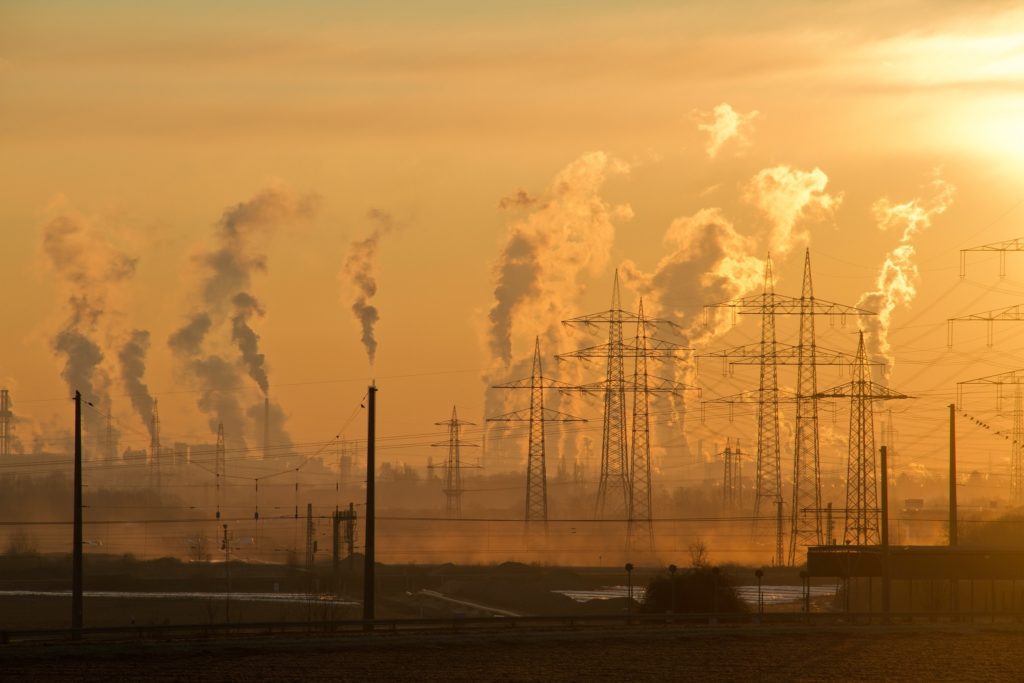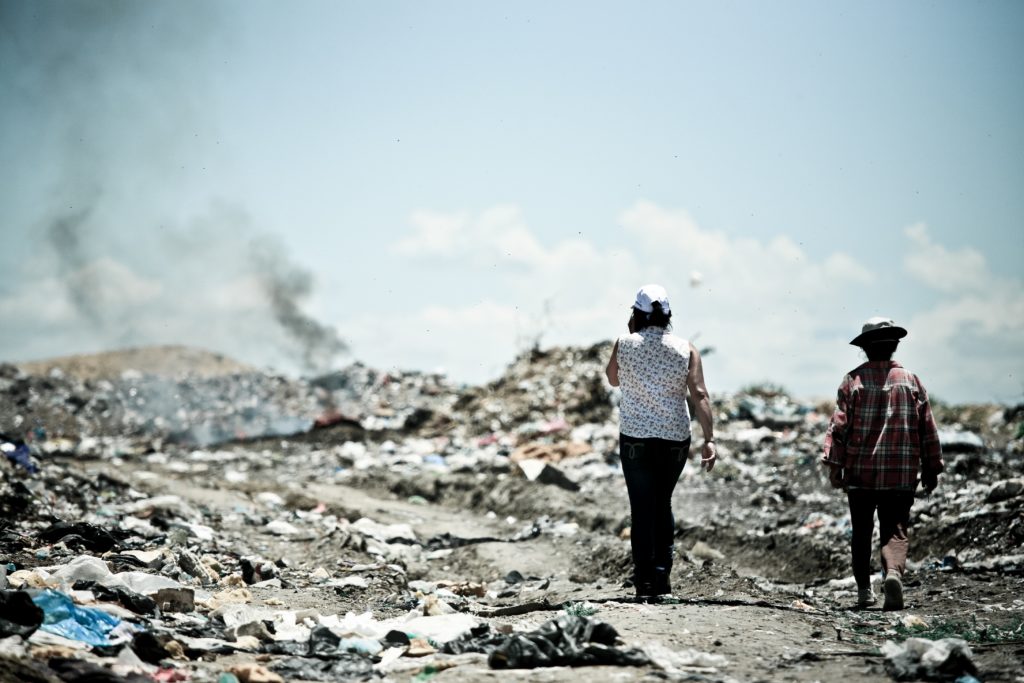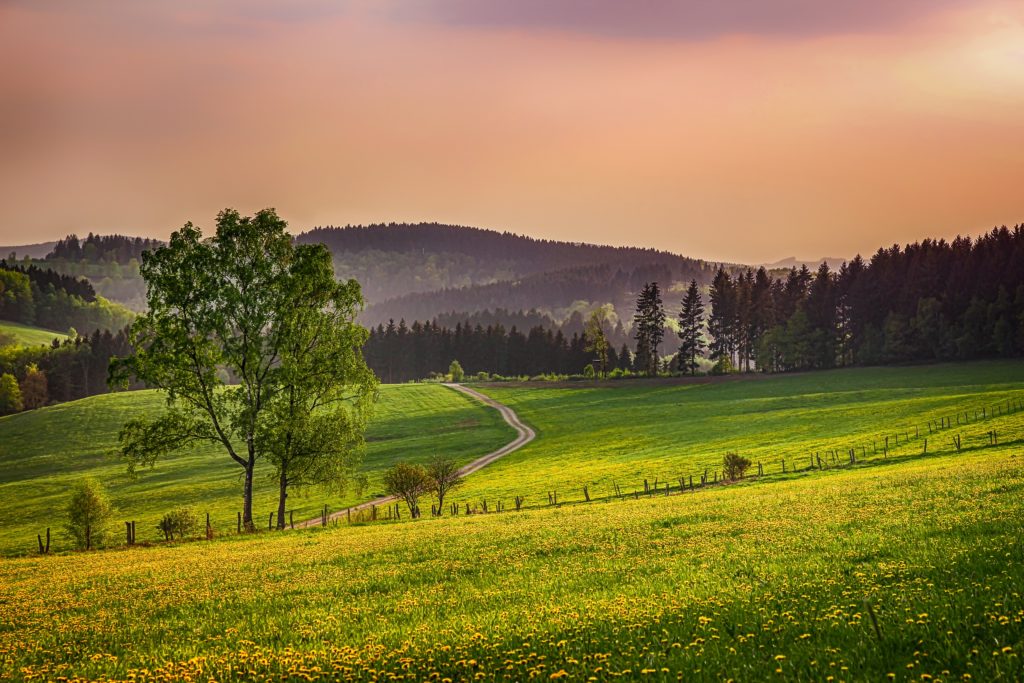Inspired by Francesca Melandri’s letter to covid-struck Britain
Asif M Basit
I woke up this morning to read a letter from Italian novelist Francesca Melandri, titled From your future. As Italy is a few weeks ahead of Britain in the catastrophic spread of coronavirus, Francesca has written to Britons telling how things will go from bad to worse, before getting better. She ends this letter with the words, “When all of this is over, the world will not be the same”.
Agreeing with the words, here is a reply to the letter, not to Francesca Melandri only, but to everyone who is seeing this pandemic spread its vicious wings on human society:
Dear Future,
I am writing this letter from a time when a deadly pandemic called Covid-19 has taken the whole world in its wretched claw. We continue to hear bad news all day long; how thousands are contracting the virus every hour; how thousands continue to lose their loved ones every day. Scientists are advising politicians, politicians advising people and people are, eventually, beginning to follow their advice.

Staying at home and washing our hands is said to be the best practice during this challenging time. We are at home, eating, drinking and not being too merry. Worry of how long this unnatural way of living is going to last, how long we will have our freedom lost for, how long we are not going to see our elderly (and non-elderly in some cases) loved ones; all this and above all, the concern of what the world might look like when all this starts to abate.
While every news channel is talking about the darkness of the cloud, a silver lining has already started to appear, albeit not mentioned much by commercial television channels.
In the last month or so – ever since lockdowns and housebound isolations kicked in – planet earth has had a chance to inhale cleaner air, something that planet earth had come to believe might never happen again. Well, it has!
With cars parked permanently in garages or driveways, and chimneys of factories not puffing clouds of smoke anymore, air pollution has significantly gone down and the atmosphere seems to have undergone a spring clean. As motors and engines and factories have been forced to quit smoking, noise levels have also fallen drastically.

So, we could possibly recover from this pandemic with newfound indicators towards solving the decades-old problem of global warming – a mutual concern for all mankind.
Witnessing a microscopic organism shake the global economy to its core will surely leave economists with a sense of disbelief in what has evolved into a goddess of modernity – the global stock market. When the rise or fall of a fraction of a per cent can move the whole world around and where prices of a single share can bless or deprive a nation of its control and authority, and where a pause of a few minutes can bring international affairs to a halt, why would such a “power” not be seen as omnipotent?
So, the post-coronavirus world might wake up to see the shattered idol of the goddess of capitalism, replaced with a better system that suits not only the rich, but the poor alike.
Politicians too have had a lesson to learn, albeit a very hard way. Disagreement, conflict and military combat have become the hallmark of modern-day international politics. How a country can turn into a power, then a global power and then a super-power is all that politicians seem to care about. From minerals in underprivileged countries to oil in overprivileged (but unintelligent) nations, world powers have wrestled to loot and rob at a very competitive scale.

This race of lust had left every nation turning against one another and alliances – with strict conditions to stay together in good and bad – turned out to be the only form of friendship between nations.
But coronavirus seems to have erased many lines and boundaries, resolved many disagreements and brought politicians across the globe to agree on ways to fight it off – from isolating and distancing to quarantines and lockdowns. The wishfully anticipated good results in this war against the coronavirus are expected only through this mutual consensus of global leaders.
So, we might recover to find a world where political and geographical boundaries continue to exist, but leaders to have learnt the benefits of unity and mutual cooperation.
In a world where family units were falling apart, this pandemic has left the family as the only form of physical human interaction as soft-core stay-at-home instructions rapidly turn into strict lockdowns. In these days of staying and working from home, we have learnt how precious the family unit is.
Many of us cannot even remember when they spent a whole day at home, not to speak of days and weeks and what is likely to turn into months. Noticing for the first time that you now have a few grey hairs, that your spouse now gets wrinkles around their eyes when they smile, that your last born is no longer a baby but knows (unlike you) how an app can be downloaded, great realisations have struck many of us in the past few days. The joy of having meals together, praying together, having afternoon tea in the back garden and laughing away the worries of the grim situation are great blessings that have come in disguise of isolations and lockdowns.
So, we hope to have a society that has learnt to strengthen society by strengthening its basic unit – the family. This would mean less broken marriages, less broken families, fewer children split between parents, a generation with lesser mental health challenges, and, as a result, a happier and far more progressive global society.
Our busy lifestyles have kept us apart from our elderly parents for very long. The day we got our degrees, took up jobs and started our own families, our parents (and grandparents) got pushed in some hidden nooks of our minds. We forgot how they had once taught us to walk, taught us to read and write, worried and worked for our wellbeing, fed us with the best that they could afford and so many other things that make us what we are today. An occasional telephone call is what most of us took to be sufficient pay-back. Hence were invented mothers days and fathers days as ways to silence our conscience by visiting them on such days, unwrapping the bouquet of flowers and placing them in a vase or jug in our parents’ homes.

Now that we have been told not to see them and now that we were told not to visit elderly mothers on mother’s day, reality has hit most of us really hard. Saddening scenes went viral on social media where a 90-year-old lady stood at her doorstep and waved back to her children and grandchildren as they stood across the garden at, as they call it these days, a safe distance. No hugs, no cuddles, no holding hands and no kisses for the poor old granny, who represented millions of elderly parents and grandparents.
So, we hope to wake up to a world – the post-coronavirus-world – where we will have realised how much our parents mean to us. How much we owe them and how much we actually love them. What a beautiful world it would be where elderly parents will come out of the confines of their flats and start living in our hearts once again. I say “once again” because it is only recently that they turned from an asset to a liability, yet another gift of our modern society.
Sailing through the global tsunami of coronavirus, many are worried about losing their jobs – jobs that they once hated and complained about. Dragging themselves out of beds to catch the overcrowded buses or underground trains to report at a job where nothing seemed good; the tyrant boss, an arrogant colleague, unrealistic targets, claustrophobic workspace, the squeaky chair and the air-conditioner that gives more sound and less air. But this grey picture has suddenly gained colour and everything seems to have turned not-so-bad.
This means that the thankless human race of pre-coronavirus days is learning to be more thankful.
So, let us expect to recover into a generation that will have learnt not to take anything for granted. Jobs, families, homes, amenities, comfort; we hope to be more appreciative for what we have than lusting for what we don’t.
The coronavirus pandemic has not discriminated between rich and poor nations. From the most powerful nations to the least, all have been struck. The pride of preparedness in the wake of war made many affluent nations hold their heads high until the coronavirus army swept across the globe and left very proud nations on their knees. No matter how strong, stable or stubborn a nation or its leader was, a mere virus has left its economic, political and military strategy in tatters. Satellites, espionage, drones and the most sophisticated of devices could not see this microscopic army that was to swarm and bring the world to a sudden halt – the world that never stopped to think there could be powers that are beyond our control.
Once this coronavirus is gone and we return to normal life, we can hope to have a world that is reconsidering the fact that there is a power that is beyond human control.
This consideration was, in ancient times, the first step towards religion. Centuries flew past and the human race began to distance itself from faith and religion. A great number of the modern-day human population is oblivious about religion and feels about its faith, like Boris Johnson once put it, “… it sort of comes and goes”.
In the post-coronavirus dawn, faith in God might come into many hearts and never go again.
Dear future, I write these lines from my home where I am working from these days.
With great hope, I close this letter.
Yours very sincerely,
The Covid-struck society



Inspirational.
Very illuminating. I enjoyed every line and have also shared, in parts, on my Twitter handle.
Thank you Asif sahib for this brilliant piece.
A good piece of writing.
Alhamdulillah. Alhakam is continuing to provide the best pieces of writing. Jazak-Allah Asif sahib.
Very inspiring and heart touching
Asslam o alaikum, during this pandemic time i was so scared of the whole situation going on and while praying to Allah still thinking negative, your article has gave me postive thoughts a smile on my face while reading every single line..❤️
JazakAllah for a beautiful write up. May Allah bless you.
My favourite bit:
So, let us expect to recover into a generation that will have learnt not to take anything for granted. Jobs, families, homes, amenities, comfort; we hope to be more appreciative for what we have than lusting for what we don’t.
Fantastic piece
A beautifully written eye opening article! Jazakallah.
His Holiness, at the 2019 Annual Convention in Germany said: “The Promised Messiah, peace be upon him, called on mankind to seek refuge under the shade of God Almighty, in order to be saved from all forms of warfare and danger. However, he also warned that if mankind failed in its duties to recognise its Creator then it would be at grave risk. He said that despite their might, wealth and power, neither Europe, nor America would be safe from destruction; nor would Asia, Australia or Islands or any other part of the world.”
A great article covering such deep aspects which we can only think of when we are in lockdown .
Salam,
Found this very inspirational – really enjoyed reading this!
May Allah the Almighty bless the Jamaat and keep mankind safe. Ameen.
Beautifully written!
Beautifully written, thank you!
This beautifully written article fills me with hope of a better future; one where each and everyone will realise that there is only one God and that our purpose is to serve Allah and humanity.